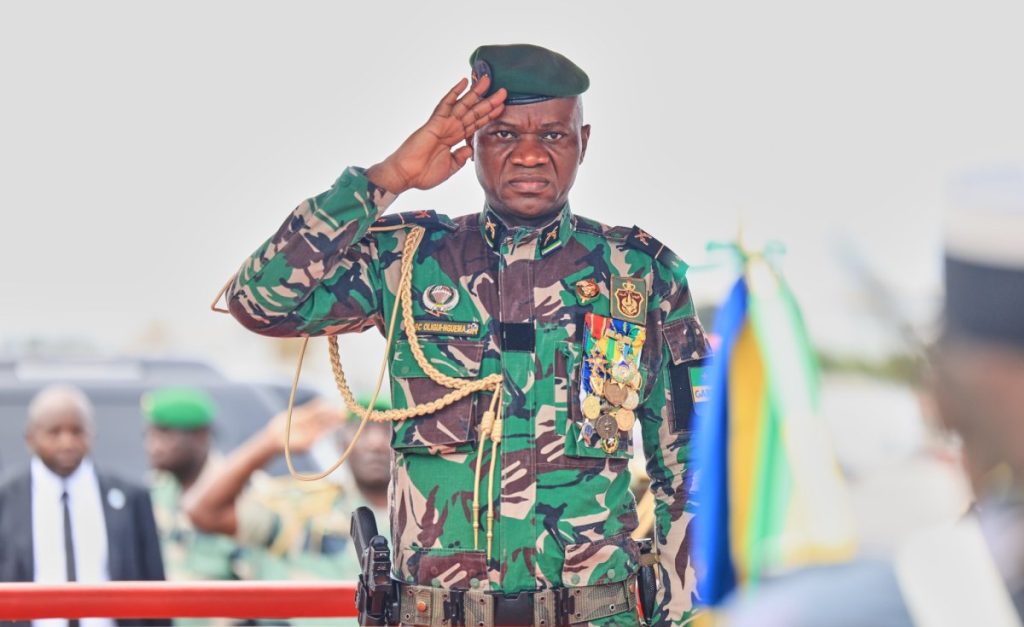In Gabon, as a referendum on a junta-drafted constitution nears, cities are awash with campaign materials encouraging citizens to vote “yes,” while voices of opposition struggle to be heard. This vote is a key moment on the military-led path to civilian governance, following the August 2023 coup that ended the 55-year Bongo family rule.
General Brice Oligui Nguema, who led the coup, has promised to transition Gabon back to civilian rule within two years, but he’s shown interest in running in the 2025 presidential election. Under the new constitution, he could serve a seven-year term if elected.
Since the referendum campaign launched, signs reading “vote yes for the future of Gabon” have filled the streets, with T-shirts and caps distributed to reinforce the message.
Some citizens support the new constitution. In Lambarene, retiree Bernard Mambenda plans to vote yes, saying, “This constitution is for future generations to move forward.” Yet, others express hesitation, citing limited information on the document’s 173 articles, which were only recently published.

The proposed constitution, crafted during an April national dialogue, envisions a strong presidency limited to two terms, abolishes the prime minister role, and rules out dynastic transfers of power, a pointed departure from the Bongo era. It also includes articles exempting coup leaders from prosecution and prohibiting certain future amendments, such as the two-term limit and the definition of marriage as a union between a man and a woman.
While many are rallying behind the proposed constitution, others remain skeptical. Small signs of a “no” campaign led by former Prime Minister Alain Claude Bilie-By-Nze are visible, with posters reading, “No to the constitutional legalization of the coup, no to a seven-year mandate, and no to a president-king of Gabon.”
With 860,000 registered voters, authorities have pledged a transparent voting process, even inviting international observers. To boost turnout, Gabon’s government has declared two days off for the public and arranged for polling stations to be accessible despite the rainy season.

